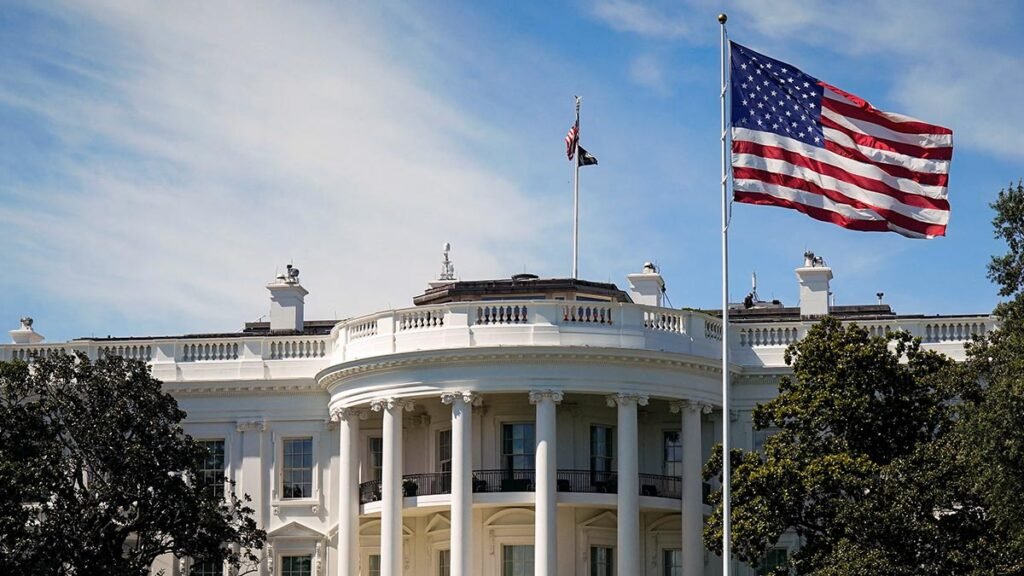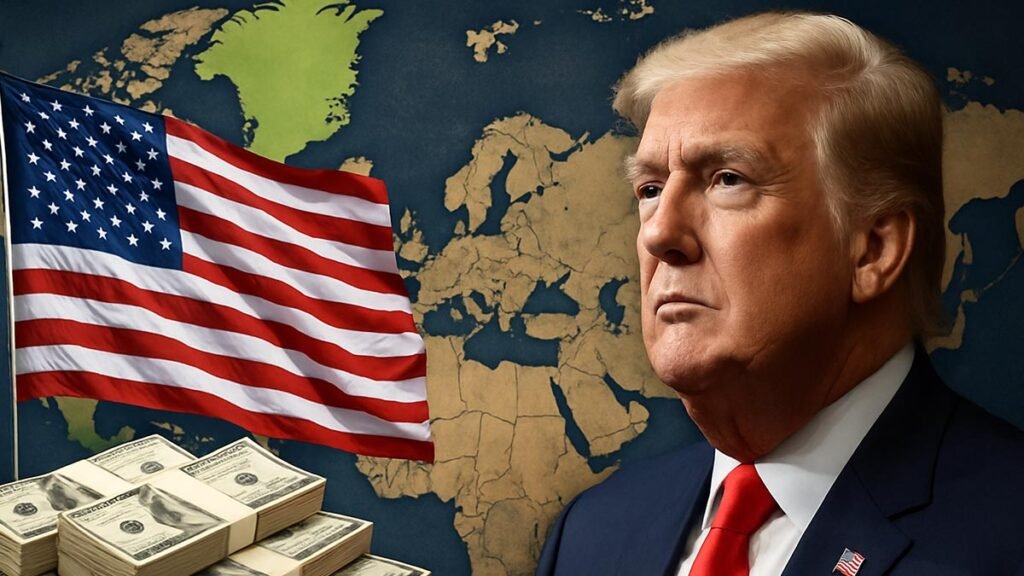With the midnight September 30 deadline looming, a federal government shutdown edges closer as Democrats and Republicans remain deeply divided over the provisions attached to a short-term funding bill. Congressional leaders are scrambling in a last-ditch effort, but few signs point to a breakthrough.
In a meeting scheduled Monday at the White House, President Donald Trump will host top congressional lawmakers to attempt to broker a deal to avert a shutdown. Republicans are urging Democrats to support a “clean” continuing resolution extending funding through November 21, while Democrats insist key healthcare and subsidy provisions be included before they relent.
Standoff Over Health Policy and Clean Funding
The heart of the impasse is the demand from Democratic leaders to restore and extend Affordable Care Act (ACA) tax credits, reinvest in Medicaid, and forestall cuts to health coverage. Republicans, however, reject bundling those policy demands into a temporary funding bill and argue that such debates should come later in standalone legislation. Senate Majority Leader John Thune has publicly urged Democrats to scale back their conditions, warning that time is running out.
Senate Democrats, led by Chuck Schumer, have pushed back, saying they will not support a funding extension that fails to address health insurance costs for millions of Americans. To overcome a filibuster, Republicans would need support from at least seven Democrats—an outcome that appears increasingly unlikely given internal party pressures.
Escalating Risks, Agency Warnings, and Political Fallout
Amid the stalemate, the White House has instructed federal agencies to prepare for layoffs and reduction-in-force procedures should funding lapse. Analysts warn that a shutdown would disrupt national parks, delay grants, suspend contract work, and impact federal employees’ pay schedules.
The Senate reconvenes Monday with the pressure mounting to act in the narrow remaining hours. Republicans accuse Democrats of political brinkmanship, while Democrats assert their stance is essential to protect vulnerable Americans’ health coverage.
Political polling suggests the public is wary of the standoff. A YouGov survey conducted recently found 37 percent of respondents would blame Congress or Trump for a shutdown, while 25 percent would blame Democrats; 26 percent cited both parties equally.
With the White House meeting set to produce either a path forward or a collapse of negotiations, time is perilously short. If no consensus is reached by Tuesday night, nonessential federal operations could stall—triggering widespread disruption across government functions.


